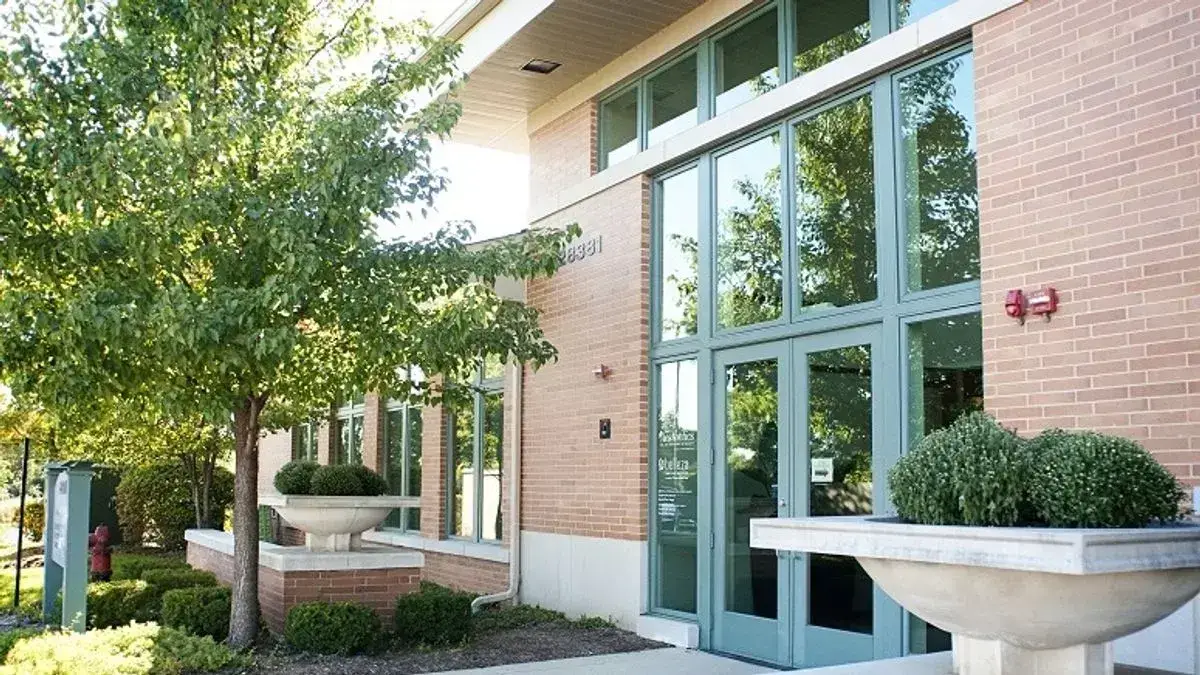Symetria Recovery Naperville is an alcohol and drug rehab facility located in Naperville, Illinois providing outpatient addiction recovery and dual diagnosis treatment for adults. They offer detox, intensive outpatient programs (IOPs), medication assisted treatment (MAT), and mental health therapy. After an initial evaluation, expert staff members develop an individualized care plan that takes into consideration your needs and treatment goals. Most people receive same-day appointments and medication.
Symetria Recovery Naperville uses evidence-based treatment methods to support you throughout the recovery process. The MAT program combines one-on-one therapy with anti-craving medications - Symetria Recovery offers Suboxone, methadone, or Vivitrol. Addressing the root causes of addiction, learning relapse prevention strategies, developing coping skills, and post-rehab goal planning are at the forefront of every program.
Symetria Recovery is in-network with most major health insurance providers. They are also LegitScript certified and accredited by CARF.
Accreditations
ASAM LEVELS of Care
Certification/Membership
- Blue Cross Blue Shield — Blue Distinction
- Better Business Bureau (BBB) A+ rating
- LegitScript certification




